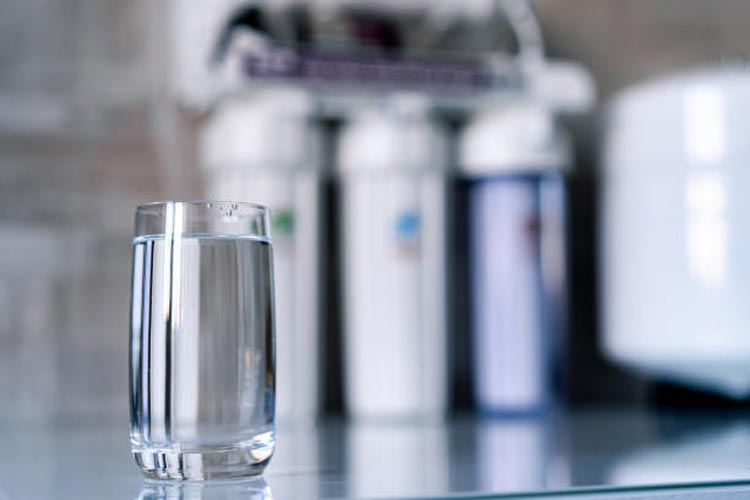
Water filtration is an essential process that ensures the quality and safety of your drinking water. With so many types of whole house water filtration methods available, it can be difficult to know which one is right for your household.
There are several different types of water filtration methods available for home use, each with its own set of pros and cons. By understanding the key differences between the most common water filtration methods, you can make an informed decision and choose a system that meets your specific needs.
In this article, we will provide a brief comparison of some of the most popular home water filtration systems, including activated carbon filters, reverse osmosis filters, and UV filters.
Activated Carbon Filters
Activated carbon filters are a popular and affordable option for home water filtration. These filters use activated carbon, which is highly porous and has a large surface area, to remove impurities from the water.
Activated carbon can effectively remove contaminants such as chlorine, sediment, and organic compounds, but it is not as effective at removing bacteria, viruses, and heavy metals. Activated carbon filters need to be replaced regularly to maintain their effectiveness.
Reverse Osmosis Filters
Reverse osmosis filters are a highly effective method of home water filtration. These filters use a semipermeable membrane to trap impurities and allow only clean water to pass through. Reverse osmosis filtration can effectively remove a wide range of contaminants, including bacteria, viruses, heavy metals, and minerals.
However, it can be more expensive and complex to install and maintain than other types of water filtration.
UV Filters
UV filters are a type of water filtration that uses ultraviolet light to kill bacteria, viruses, and other microorganisms in the water. UV filtration is highly effective at killing bacteria and viruses, and it does not require the use of chemicals or other additives. However, it is not effective at removing contaminants such as sediment or heavy metals.
Choosing the Right Water Filtration System For Your Home
When choosing a home water filtration system, it’s important to consider your specific needs and the contaminants in your water. If you are primarily concerned about removing impurities such as chlorine and organic compounds, activated carbon filtration may be a good option.
If you are concerned about a wide range of contaminants, including bacteria and heavy metals, reverse osmosis filtration may be the way to go. If you are looking for a chemical-free method of disinfecting your water, UV filtration may be the best choice.
Get Your State-of-the-Art Home Water Filtration System From Puragain Water
By understanding the key differences between these systems, you can choose the right whole house water filtration system that meets your specific needs and enjoy clean, safe, and great-tasting water at home.
Puragain Water’s home water filtration systems ensure your water is safe and free from contaminants. We offer affordable, easy-to-install filtration systems that come with a satisfaction guarantee.
To ensure clean and safe drinking water for your household, invest in a home water filtration system. Contact us today for a free quote. Discover how Puragain Water’s filtration whole house water filtration systems can improve your health and well-being!


